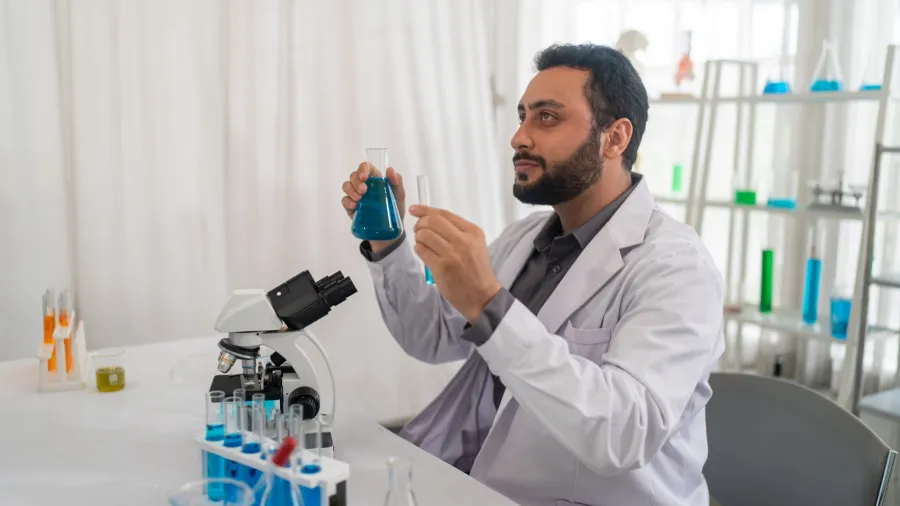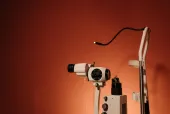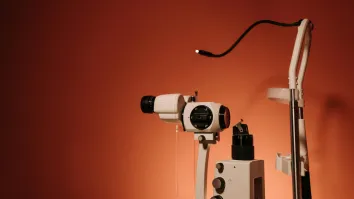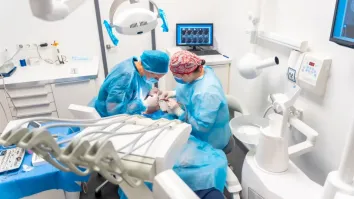
Jordan’s pharmaceutical exports to hit $1.4b by 2029
Thanks to robust infrastructure and sustained demand for high-quality products.
Jordan’s pharmaceutical exports are projected to expand from $980m to $1.4b by 2029 at a compound annual growth rate of 8.9% in local currency and US dollar terms, according to a BMI report.
The sector’s growth is attributed to robust infrastructure and sustained demand for high-quality pharmaceutical products in the region.
The country’s Department of Statistics' monthly foreign trade report recorded a 14.8% year-on-year increase in pharmaceutical exports, reaching $885m and positioning the sector as the second fastest-growing industrial export in Jordan.
“Jordan will continue to be a dominant player in the pharmaceutical export market, exhibiting the only positive pharmaceutical trade balance in the Middle East and North Africa region through to 2029,” BMI said.



















 Advertise
Advertise






